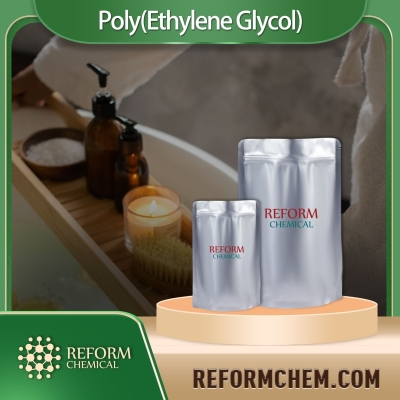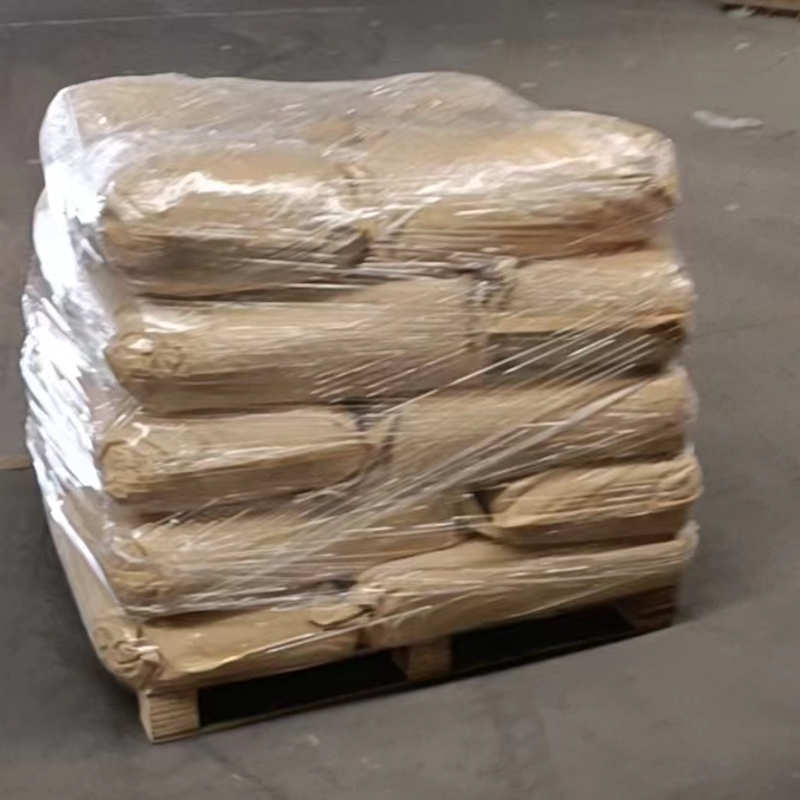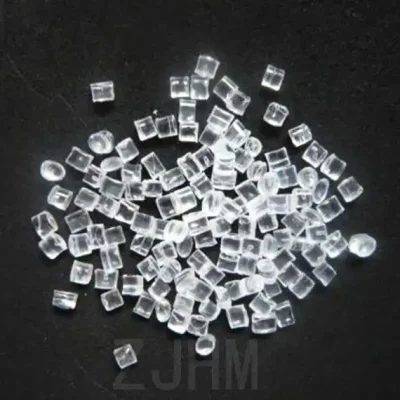-
Categories
-
Pharmaceutical Intermediates
-
Active Pharmaceutical Ingredients
-
Food Additives
- Industrial Coatings
- Agrochemicals
- Dyes and Pigments
- Surfactant
- Flavors and Fragrances
- Chemical Reagents
- Catalyst and Auxiliary
- Natural Products
- Inorganic Chemistry
-
Organic Chemistry
-
Biochemical Engineering
- Analytical Chemistry
-
Cosmetic Ingredient
- Water Treatment Chemical
-
Pharmaceutical Intermediates
Promotion
ECHEMI Mall
Wholesale
Weekly Price
Exhibition
News
-
Trade Service
LANXESS, in collaboration with Citrine Informatics, recently launched a pilot project to measure the potential of AI in plastics production to help LANXESS further optimize glass fiber performance
.
The optimization process of glass fiber compounds is complex and time-consuming
.
In traditional product development, the complex composition of fiberglass compounds and the numerous variables in the manufacturing process of high-performance plastics require extensive testing and are difficult to predict
.
In this context, AI can play an important role
by making the most of the available data.
Using thousands of measurements of the original recipe, raw material information, and a large amount of additional data, AI algorithms can calculate predictive models of improved test configurations and parameters, enhance these models based on the measurements of each individual test, and finally give the optimal recipe
.
This process allows product development to be developed much faster than traditional methods
.
Dr.
Axel Tuchlenski, Head of Global Product and Application Development at LANXESS' Performance Materials business unit, said, "We hope that artificial intelligence will reduce the development time for optimized formulations by more than half, so that we can not only provide our customers with better customized products, but also shorten the time
to market.
" ”







